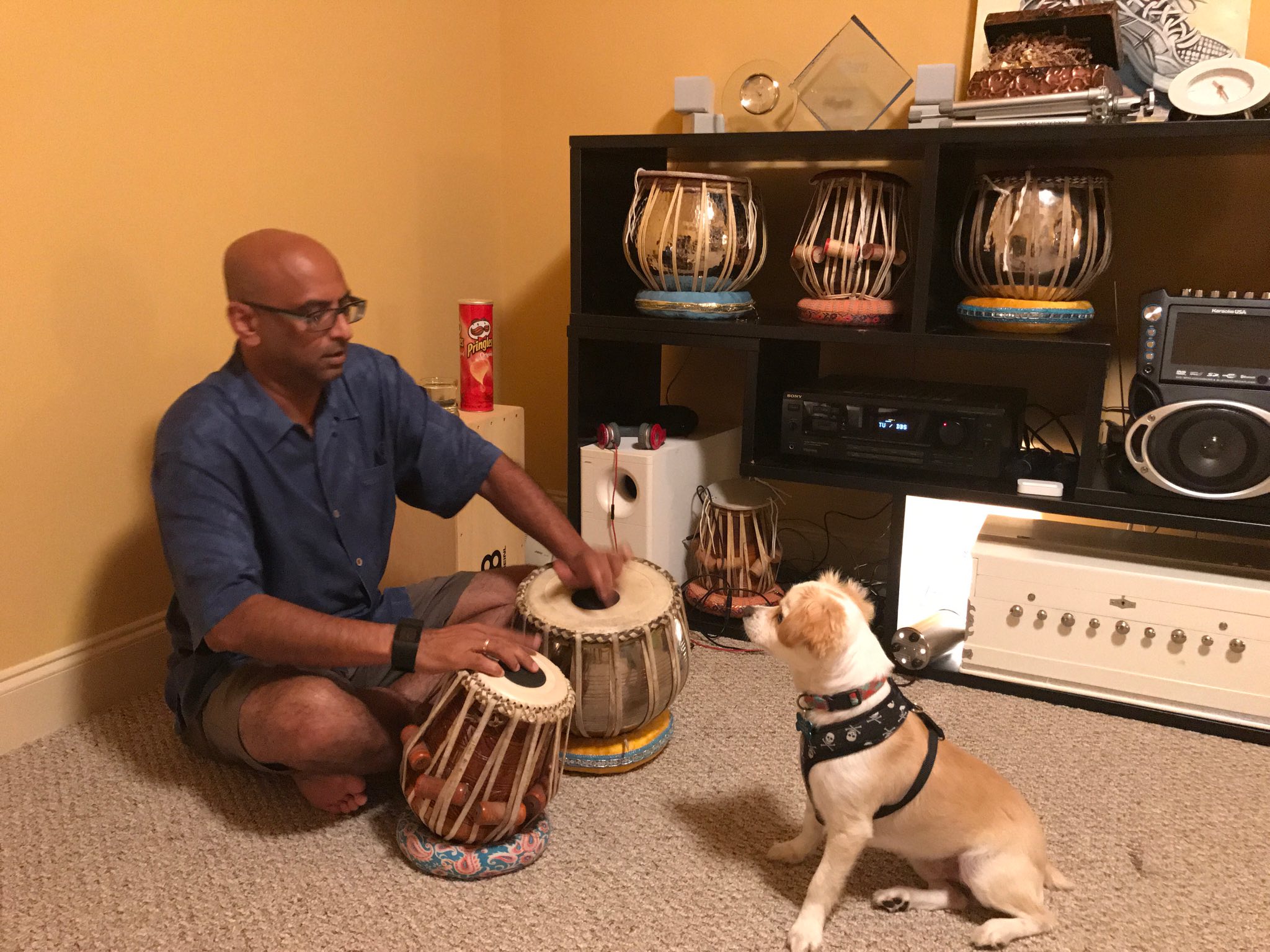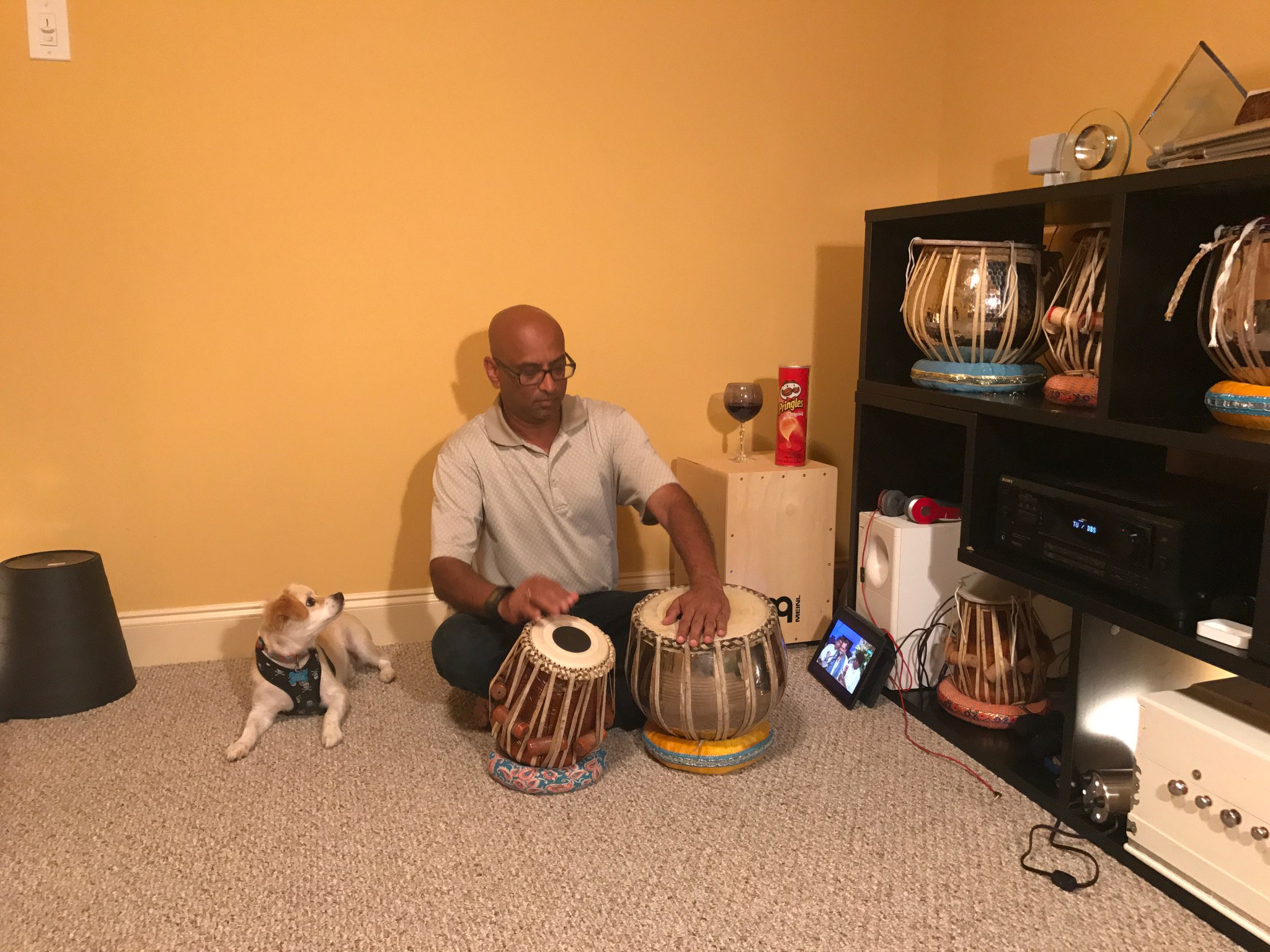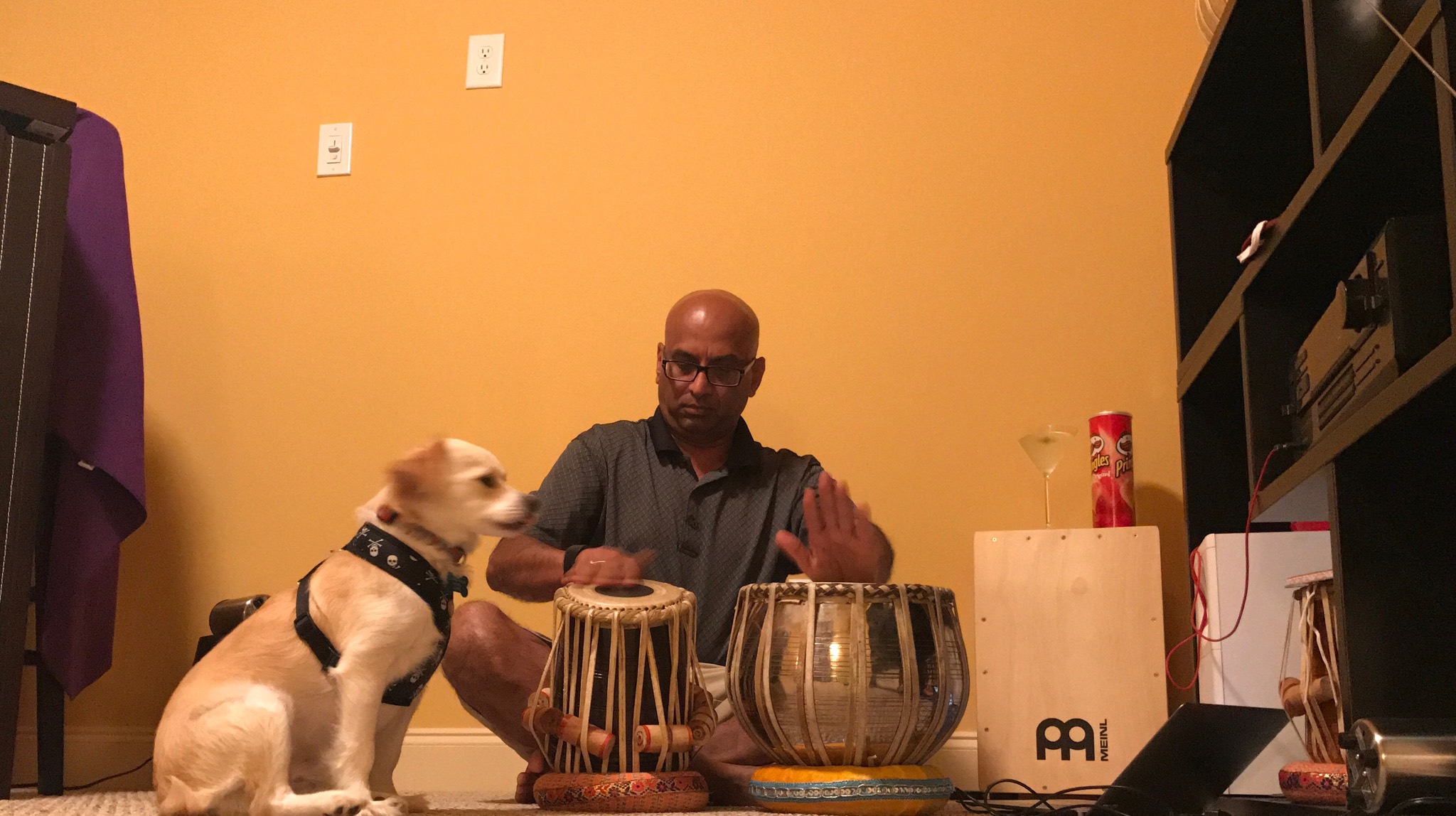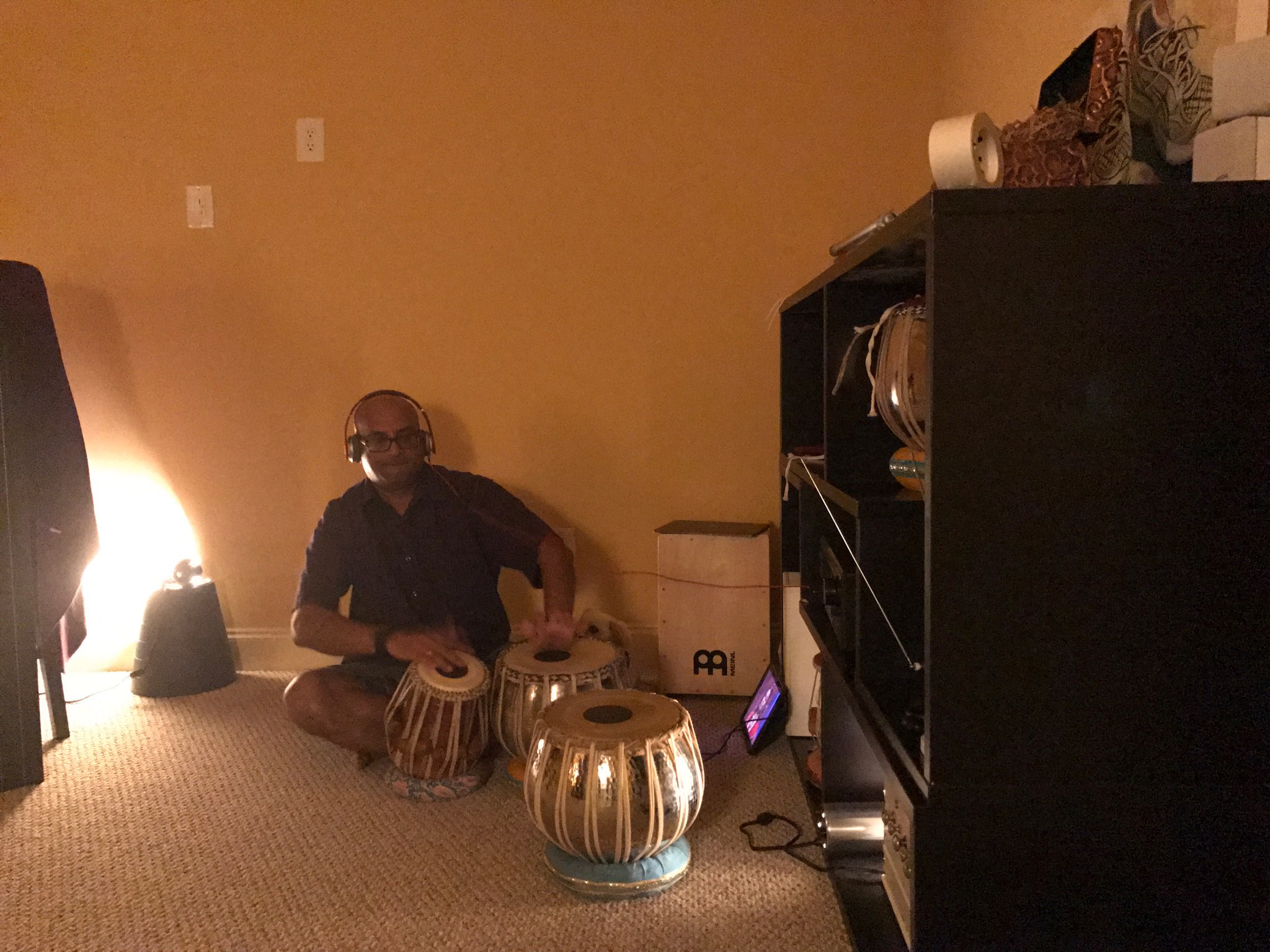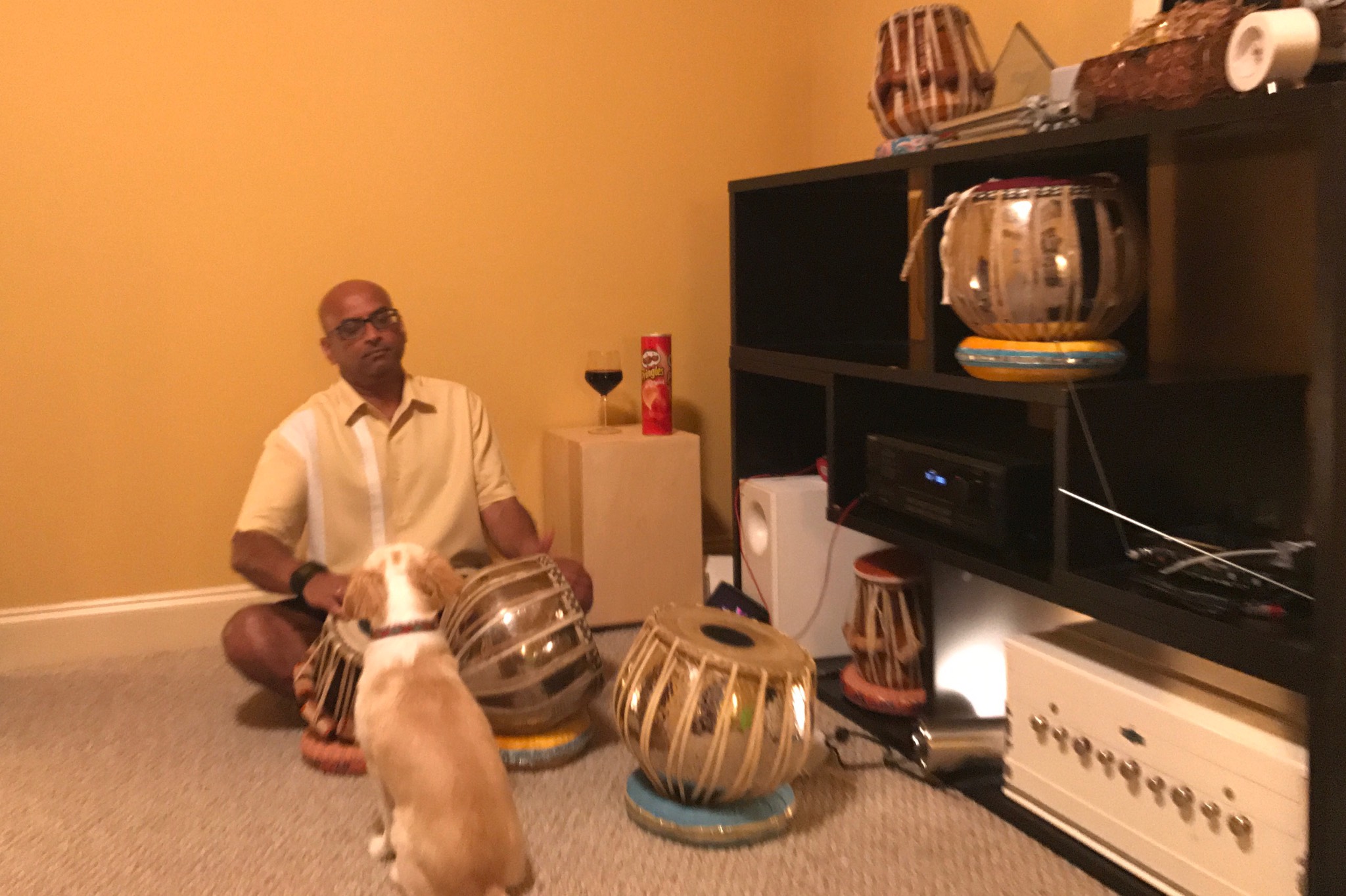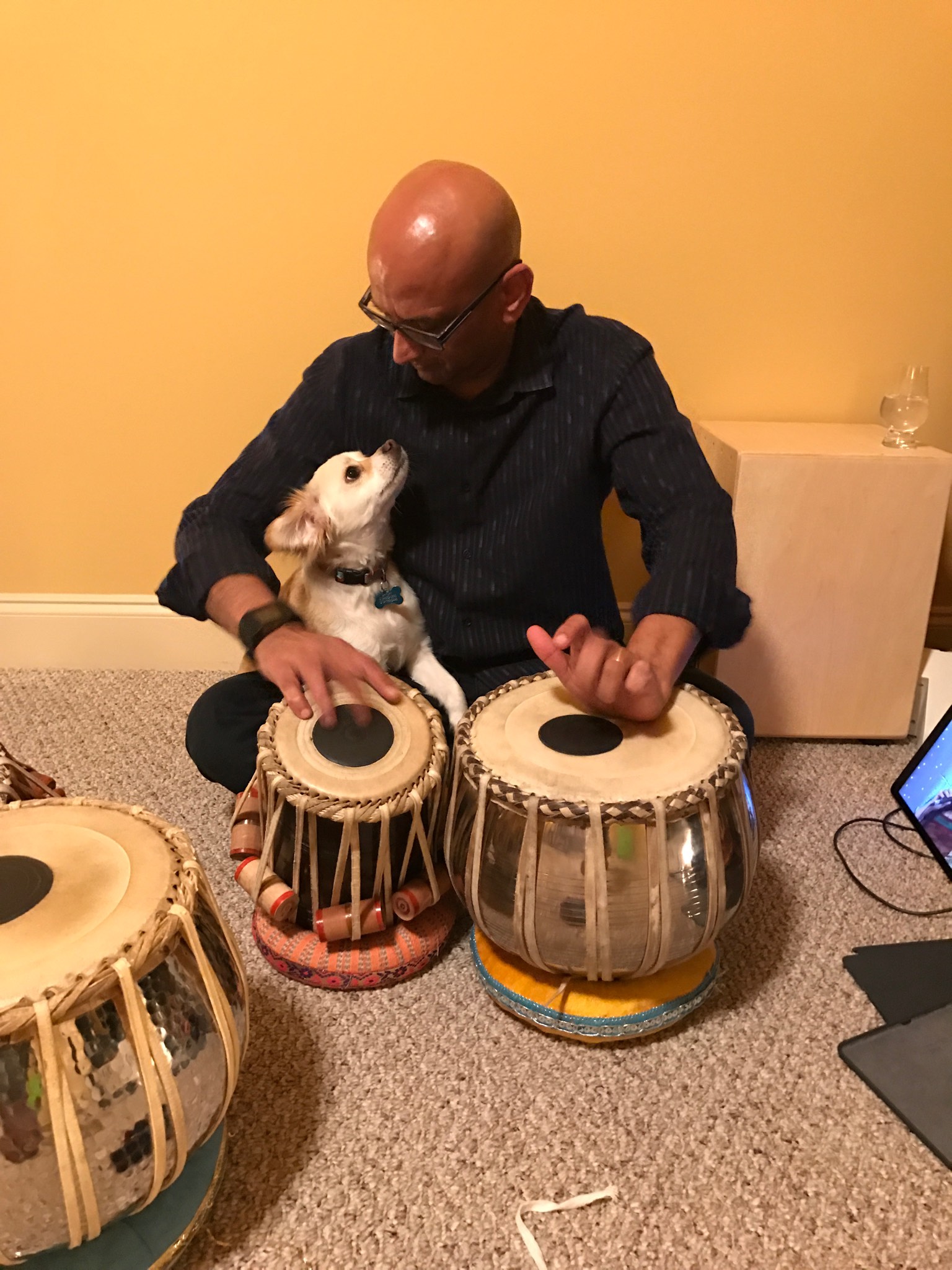A beautiful couplet
“Waiz! Teri duaon mein asar ho
To masjid ko hila kay dikha
Nahin to do ghoont pee,
Aur masjid ko hilta dekh”
To understand this beautiful couplet, one needs to understand the basis for Sufism – which was a liberal offshoot of Islam. The proponents of Sufism – the Sufis – composed a lot of beautiful poetry around three things that could purportedly put you in a transcendental high. The spirit of God, the intoxication of alcohol and the beauty of your woman. Some would argue that they actually merge at one level.
In fact, there are some interesting duels between those three concepts. This couplet is one of them. The poet is saying…
“If your prayers have that much power
Then make the mosque sway in front of me
Or else, come sit with me and take a couple of sips
And watch the minarets swing in front of your eyes” !!!


